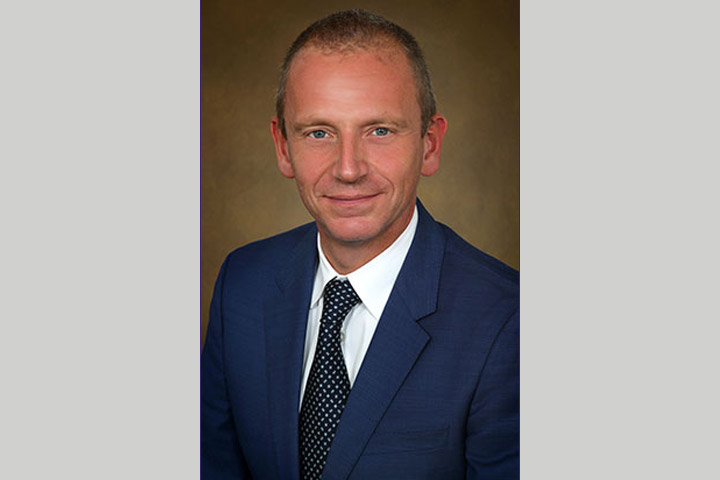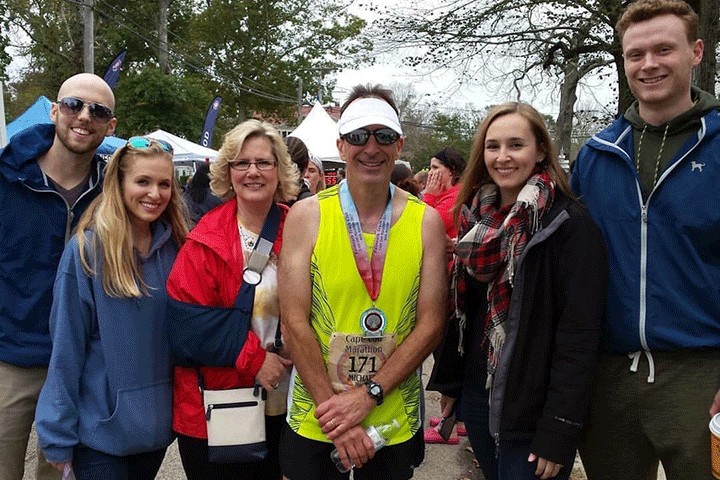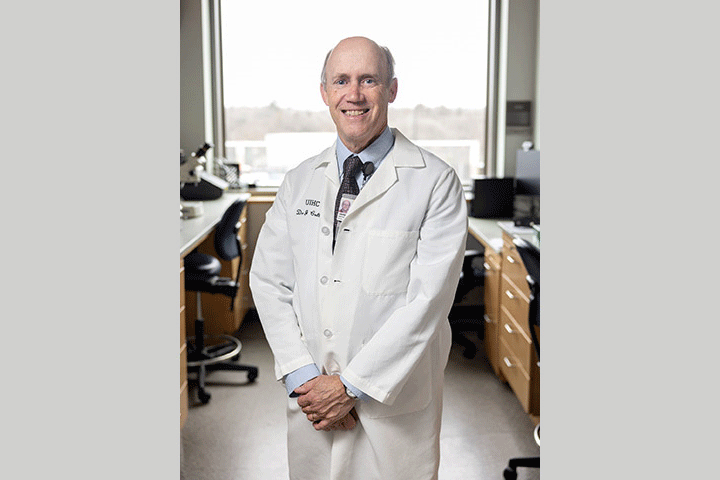New Study Shows Benefit of Chemotherapy after Surgery

Surgery, along with chemotherapy, is the treatment of choice for pancreatic cancer patients with surgically removable tumors. This combination offers the best chance for a cure.
But it wasn’t until the 1990s that adjuvant therapy (treatment given after pancreatic cancer surgery) was routine. Chemotherapy given before surgery (neoadjuvant therapy) has only recently become common practice. And this was only after numerous studies showed a benefit to this approach, mostly for locally advanced and borderline resectable (removable by surgery) pancreatic cancer (larger tumors).
Now, select patients may receive neoadjuvant chemotherapy, then surgery, followed by a course of adjuvant chemotherapy. Considering that some patients may not be able to withstand the rigors of more treatment after surgery, a question that researchers wanted to answer was whether adjuvant therapy is even necessary if a patient has received neoadjuvant chemotherapy and surgery.
The answer, according to a recent large retrospective study published in JAMA Oncology, is a qualified yes; patients who received adjuvant chemotherapy survived about five months longer than those who did not, explains lead researcher Marco Del Chiaro, M.D., division chief of surgical oncology at the University of Colorado Cancer Center on the University of Colorado Anschutz Medical Campus, in Aurora.
Although the study is retrospective and is “. . . not the final answer,” the study does provide good evidence that those patients who can tolerate adjuvant therapy after surgery “. . . should probably receive it,” Del Chiaro says. “I’m very data-driven, and there is a big advantage in analyzing a large cohort of patients, even though retrospective data is somewhat biased. This study could be very useful in helping doctors and patients make some decisions.”
But Del Chiaro, who is internationally recognized as a leader in the surgical treatment of borderline resectable and locally advanced pancreatic cancer and in the diagnosis and treatment of pancreatic lesions, says patient preferences and their overall condition are vital components in making that decision. “If a patient is very frail, very old, or is someone who would prefer not to have any more chemotherapy, those situations must be taken into consideration.”
About the Study
Using the National Cancer Database, Del Chiaro and his team identified 1,132 patients with pancreatic ductal adenocarcinoma treated with multiagent neoadjuvant chemotherapy and surgery. Of those, 492 patients received adjuvant chemotherapy and 640 did not.
After propensity score matching based on demographic and certain pathological characteristics, 444 patients remained in each group. Overall survival was 26.6 months among patients who received adjuvant chemotherapy versus 21.2 months for those who did not. Adjuvant chemotherapy was also associated with significantly better overall survival in patients with any pathological N category (referring to lymph node status) as well as margin status R0-R2 (referring to cancer found at the edges of tumor removal). Significantly better overall survival was also associated with those younger than 75 years of age, those with a pathological T category of ypT3 or greater (referring to the size of the primary tumor and whether it has invaded nearby tissue), and those with moderately or poorly differentiated tumors.
“What all of this suggests is that adjuvant chemotherapy is worth implementing no matter what the biology of the cancer,” Del Chiaro explains. At a minimum, this study confirms previous studies on adjuvant treatment, providing more information that “. . . giving chemotherapy after surgery to certain patients isn’t a bad idea,” he adds. Part of that rationale has to do with evidence that upon diagnosis of pancreatic cancer, even in its early stages, most patients have micrometastatic disease.
Get Another Opinion
Despite advances in systemic therapies, surgery remains the only potential cure for pancreatic cancer. Eligibility for surgery is determined by the size and location of the primary tumor, whether there is blood vessel involvement, and whether the disease has metastasized. Studies show that about 20 to 25 percent of pancreatic cancer patients may be eligible for surgery.
But as many as half of those (eligible) patients are told they are ineligible, according to PanCAN. If you are told you don’t have metastatic disease, “. . . get a second, third, even a fourth opinion,” says Del Chiaro, adding that those opinions should be obtained at a high-volume center with high-volume surgeons, especially centers with experience in vascular resections and reconstruction. That’s because some centers may consider a tumor too entangled with neighboring organs and blood vessels for surgery to be an option. Due in part to advanced surgical techniques, more effective medicines, and a multidisciplinary approach to treating the disease, CU Anschutz is able to operate on 30 percent or more of pancreatic cancer patients, which is much higher than the national average, Del Chiaro says.
Surgical techniques that may be used now include portal vein resection and arterial resection for selected patients and approaches that may be able to remove larger tumors that were previously considered inoperable, among other innovations.
But Del Chiaro believes that surgery is just one part of a tailored approach for each patient. “I think one of the key improvements has been in chemotherapy,” he adds. “Most patients already have micrometastasis, and the game changer has been in agents that provide better systemic control.” He also thinks that resection criteria need to be viewed from a different perspective. Although invasion of surrounding structures is clearly important, it is just as important to look at the biology of the tumor. For example, if a person has a small lesion but has a tumor marker that is going up, that “. . . variable becomes just as important in making decisions,” he says.
This study, as well as others, gives him hope that continual progress is being made in pancreatic cancer treatment. “There was a while there where not much was happening, and it was depressing,” Del Chiaro comments. “But over the last ten years there’s been some real momentum. I’m a surgeon, and now that there are better chemotherapies it’s a game changer. We need more and better treatments, obviously, but everything is going in the right direction.”





